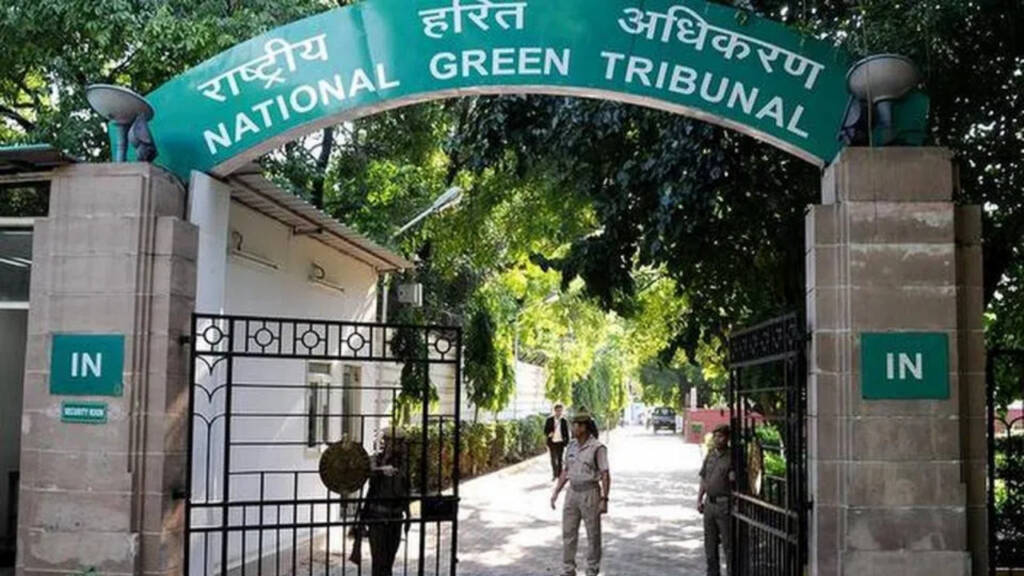National Green Tribunal, an extra-constitutional body established in 2010 by the UPA government on the behest of ‘environmentalists’, is under fire since last few years for its unnecessary diktats and over-arching its jurisdiction. The latest report which questioned NGT’s inefficiency, lethargy, and illegal acts, was prepared by a Group of Ministers on Manufacturing.
The committee was constituted to prepare an action plan to make India a manufacturing hub and was headed by textile minister Smriti Irani. In the report, the GoM questioned NGT’s directives on the matters which are beyond its jurisdiction. “National Green Tribunal (NGT) is not equivalent to nor has the status of a High Court under the Indian Constitution. However, over the few years one has observed that NGT has taken on a role of beyond being a tribunal,” reads the report.
Moreover, the report also questioned NGT’s decisions to constitute more than 175 committees and delegation of power to these committees to look into important matters. “The members of these committees are supposedly outside experts whom NGT deems appropriate, but their appointment is non-standard and opaque. NGT is delegating many powers to such committees, which are reserved for statutory bodies, thus undermining the powers and authority of such statutory bodies,” the report said.
The report said that effort should be made to address “dispute resolution and disruption issues for environment-related issues and the overarching mandate currently being employed by the NGT”.
It also pointed out NGT’s unnecessary standoff with Central Ground Water Authority (CGWA), giving it a direction to Central Pollution Control Board (CPCB) over which it has no authority and many of its other decisions where it went beyond its mandate.
The Ministry of Environment, Forest and Climate Change took swift action on the report and the undersecretary wrote a letter to NGT on December 11 and asked the registrar to furnish the ‘action taken report’.
NGT, like any other tribunal, has a mandate to resolve the legal cases related to environmental clearances. However, the body performs every task by over-arching in the domain of the executive, instead of resolving legal disputes. There are thousands of cases related to environmental concerns lined but the NGT is busy issuing diktats on Cracker ban.
A few weeks ago, even the Vice-President of India raised the issue of judicial overreach in executive domains and specifically targeted the NGT.
“Occasionally, concerns have been raised to whether they are entering the domains of the legislative and executive wings. There have been debates whether some issues should have been more legitimately left to the other organs of the government. For example, Diwali fireworks, steps on registration and movement of vehicles from the National Capital Region through Delhi, banning the use of vehicles of certain make after 10 or 15 years, monitoring police investigations, denying the executive any role in the appointment of judges by instituting the collegium, which is said to be an extra-constitutional body,” Vice-President Venkaiah Naidu said.
The seasonal eco-fascist, NGT, which pops up during Hindu festival just like frogs appear in the rainy season, had issued a notice to the Ministry of Environment and Forests (MoEF) and four State governments on the ban of firecrackers from November 7 to 30 in the interest of public health and environment.
It seems that the Modi government is fed up with the extra-constitutional body which was forced down the throat of people and industries by the environmental activists during the UPA government. The Modi government must do away with the NGT through legislation and bulldoze the building that houses eco-fascists and burns thousands of crore rupees of taxpayer’s money every year.
